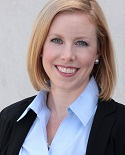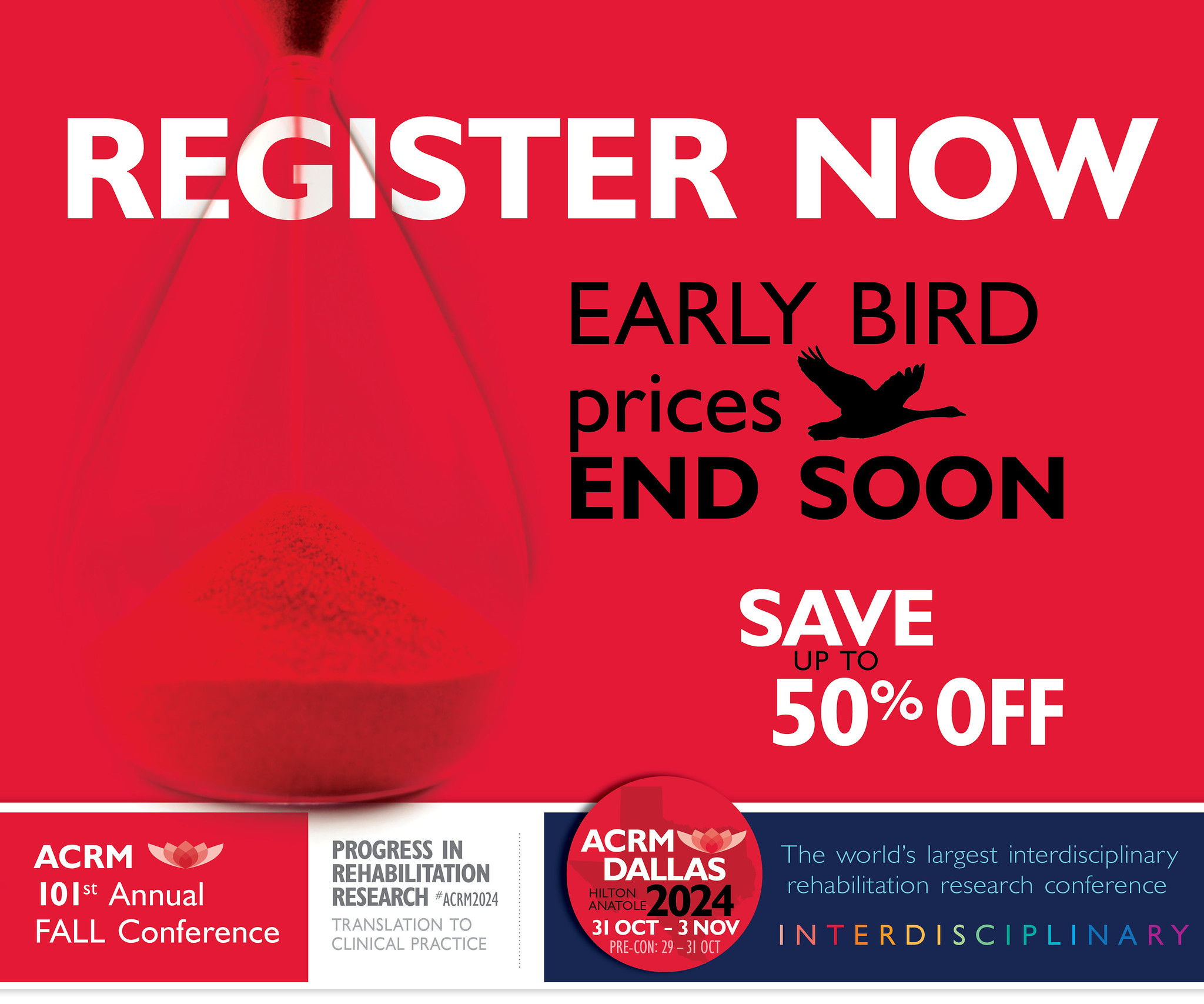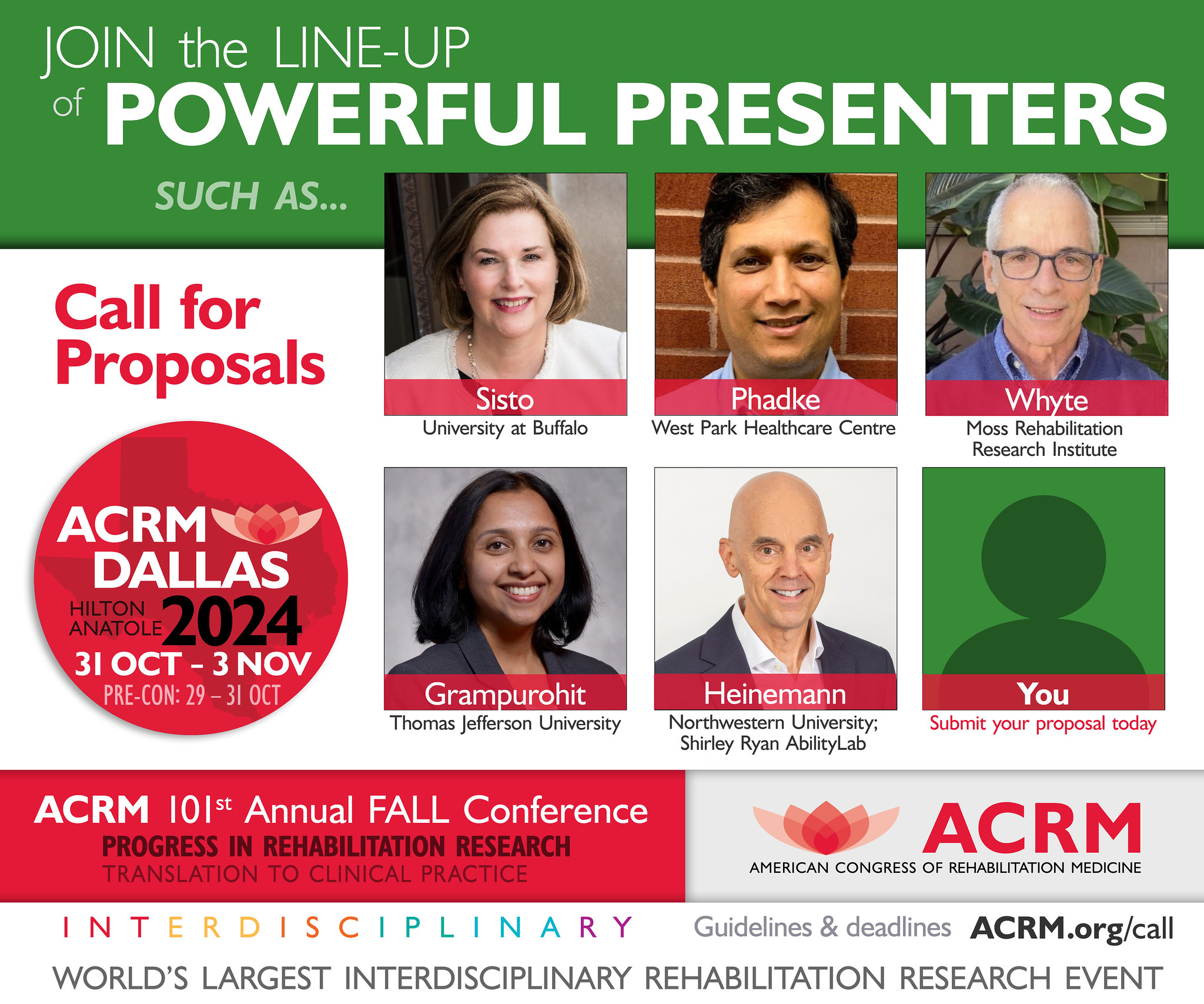If you have a question you would like to submit for the Ask the Mentor column, or if you would like to serve as a mentor for the column, please email Brooks Wingo
QUESTION
I know it’s important to get involved with professional organizations but I’m having trouble juggling getting involved, and getting my research up and running. What is a good way to get involved as a postdoctoral/new faculty member?
 RESPONSE from Dawn Neumann, PhD
RESPONSE from Dawn Neumann, PhD
Assistant Professor, Department of Physical Medicine and Rehabilitation, IU School of Medicine
Clinical Research Associate, Rehabilitation Hospital of Indiana (RHI)
Director, IU InterFACE Center at RHI (A Human Observation Lab)
Founder, EmotEd, LLC
This is a great question and one that I asked myself six years ago when I started my first faculty position and felt overwhelmed by all of my new responsibilities. Let’s face it- an academic career is not a 9-5 job, so it’s not uncommon for things to bleed over into your evenings and weekends. That said, if you are going to work “overtime”, you better make sure your decision to participate in professional organizations helps develop your career. Career advancement has always been important to me and I knew that being successful has a lot to do with one’s networks. I realized that professional organizations could help me establish some critical connections for my future. So I approached the decision in a somewhat selfish way by asking myself “What organizations, networking groups, and/or committees could help advance my career?”. When you know that the time you invest is going to pay dividends, it makes the decision easier and the juggling of time well worth it. This is how I chose to become involved with ACRM. ACRM’s membership is filled with renowned researchers in my field and I saw it as a great opportunity to gain recognition by renowned researchers who I admired and wanted to emulate.
Another piece of advice that I learned at one of the Faculty Development workshops at my University is to make your decision regarding which organization or service to join by determining how well aligned it is with your academic goals. The more aligned they are, the less “extras” you have to do because you may have been likely to do those activities regardless. For instance, as an early career faculty I wanted to stay abreast of all of the possible resources that could help advance my career. This is why it was a relatively easy decision for me to start the Early Career Networking group and to be an active member of all of its Task Forces, especially the Communications Task Force. It has been a decent amount of work, but the task of finding early career resources was one I would have been doing for myself anyway.
I do caution that before getting involved in anything, it is always a good idea to find out the responsibilities and time commitment of what you are considering getting involved with. Talk to other members to find out the time involvement and the benefits they got out of their service and membership. Finally, I strongly encourage discussions with your department Chair and / or mentor(s) in the decision making process. Know what they expect of you in terms of Service and professional organization engagement. Ask their advice on what types of things you should become involved with and what they think would be most beneficial for you. This is what I did and it hasn’t steered me wrong yet! Good luck and choose wisely!
 RESPONSE from Alison Cogan, PhD (cand.), OTR/L
RESPONSE from Alison Cogan, PhD (cand.), OTR/L
University of Southern California
Mrs. T. H. Chan Division of Occupational Science and Occupational Therapy
Great question! Time management is always a challenge and sometimes it feels like adding commitments to professional organizations is just more than we can handle. Although I do not yet have a faculty position (finishing my PhD this spring), I can share my experience of getting involved as a student, balancing professional organization involvement with my other responsibilities, and the benefits I’ve experienced as a result.
When I joined ACRM in 2013, I was not very active. I participated in conference calls for a few of the task forces that I was interested in, but initially did not do much more. I was torn between wanting to get involved, feeling like I was too junior to make a significant contribution, and maintaining my focus on getting through my PhD program. Although I did not volunteer for any projects for most of that first year, being on the calls was a great way to keep abreast of what the task forces were doing, and when opportunities came up that fit well with my experience, I started to volunteer.
Asking a mentor or senior person for advice on where to use your energy for professional involvement is always a good idea. As a student, it was important for me to check in with my dissertation chair when opportunities to get more involved arose. My advisor helped me to decide which options would be the best use of my time and where I would get the most benefit for my developing career.
Try to understand what the time commitment and expectations will be from the organization you are considering getting involved with, and also decide what your limits are. Before I volunteered for the Chair-elect position in the ECNG Communications Task Force, I made sure I understood the tasks of the job and the approximate time they would require each month. Having this information up front was helpful in determining whether I would be able to balance the new role with my other responsibilities. It is not always possible to predict exactly how much time is required (for example, in collaborating on conference proposals), but try to get an estimate from an experienced colleague.
In my experience, the benefits I get from being involved in professional organizations (especially ACRM!) are well worth the investment of my time. Since my career is just getting started, the networking alone has been invaluable. Additionally, I have been able to build my CV by working with others on conference presentations and contributing to the ECNG Newsletter. I would encourage any students, postdocs, or junior faculty to start slow, but to not be afraid to step up!









